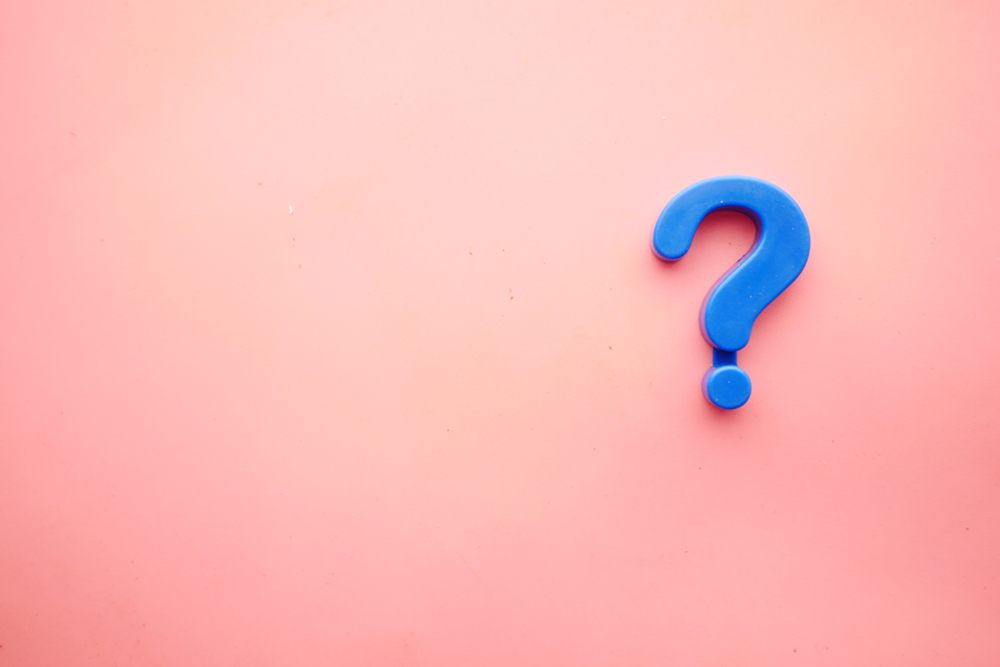
How to Make Healthy Decisions Under High Pressure & Anxiety
Dr. Caroline Leaf – In this podcast (episode #334) and blog, I speak about the link between anxiety, stress, and decision-making.
Often, when we are in an anxious state, we cannot seem to make a decision, or, if we do, we end up making a choice we regret. I know this has happened to me many times!
What should we do when this happens? Is there a way out of this mental swamp? Thankfully, yes!
To make healthy decisions, our brain needs optimal blood, oxygen and energy flow, especially in the front of the brain (the frontal lobe). When we are in toxic stress, this flow is constricted, which can impact how and what we choose to say or do in the moment, as well as our overall wellbeing.
However, we can learn how to make our stress work for us instead of against us. The key point here is to see our anxiety as a signal telling us something is going on in our lives that needs to be addressed.
Anxiety is not something we should suppress or ignore. It is designed to get our attention in a focused way, so we can deal with the disequilibrium we are experiencing in our life. If we ignore this signal, it can affect our wellbeing, putting us in a toxic stress state that can impact our ability to make decisions and increase our impulsivity. It can also impact our mental and physical health due to the mind-brain-body connection (known as psychoneurobiology).
We need to learn how to tune into these signals and manage them before they take over our thinking. This includes nothing our unique red flags: how anxiety and stress show up in our life, how we feel emotionally and physically, and how we can manage these signals to make healthy decisions.
Self-regulation is key! When we make a decision, we should try to get into the habit of observing ourselves. Why did we choose this? What impacted our choice? Why did we feel this way? How did this impact our ability to decide? One way I like to do this is by practicing pausing just before I make a decision. During this pause, I breathe in deeply for 3 counts, and breathe out for 7 counts, and do this a few times depending on how I feel and how important the choice I am about to make is. As I do this, I am better able to observe what I feel in the moment because I am getting my neurophysiology under control, which, in turn, helps me better understand my anxiety signals and stress state, bringing back balance into my brain so I can make a good decision. This really is a great way to calm down the mind when things are difficult!
If, after doing this, you still feel you need more time and information (as often happens with really big decisions), this is totally okay! Just say you need more time to think about it (if possible)—never be ashamed of needing more time or asking for more space to think something through.
If you feel a lack of confidence in the moment, remind yourself of all the times you made a good choice in the past. Give yourself a little pep talk: remember when you made a choice under pressure and managed to successfully overcome a challenge.
If you still feel stuck, work on what I call the “possibilities mindset”. Think of all the possibilities in each situation. How will this choice play out? How did this play out in the past? What if you made a different choice? What if this happened? What have you learned? This is a great brain exercise and a reminder that life isn’t linear—we can never truly grasp all the threads that lead us to where we are, or where we will be.
If you are not sure how to do this, use the 5-step mind management system I developed based on my clinical practice and research, called the Neurocycle (for more on this, check out my latest book Cleaning Up Your Mental Mess and my app Neurocycle). First, gather awareness of the information you need and your past choices. What is the data telling you? What worked? What didn’t? Now, reconceptualize all “failures” as “I haven’t failed; I have learned x things that now I know don’t work, which is great to know!” Reflect on what these lessons are by asking, answering, and discussing them to find the information, emotions, and physical responses in your brain and body. Write down what you have been reflecting on, in as much detail as possible, to help organize your thinking. Then, recheck what you have written to add more insight and look for patterns. Now, practice looking at what you have written and use it to make good choices. During this time, watch how this carries over into your day-to-day life; observe and write how this mental exercise helps you, especially during tough times.
To read the original article click here.






